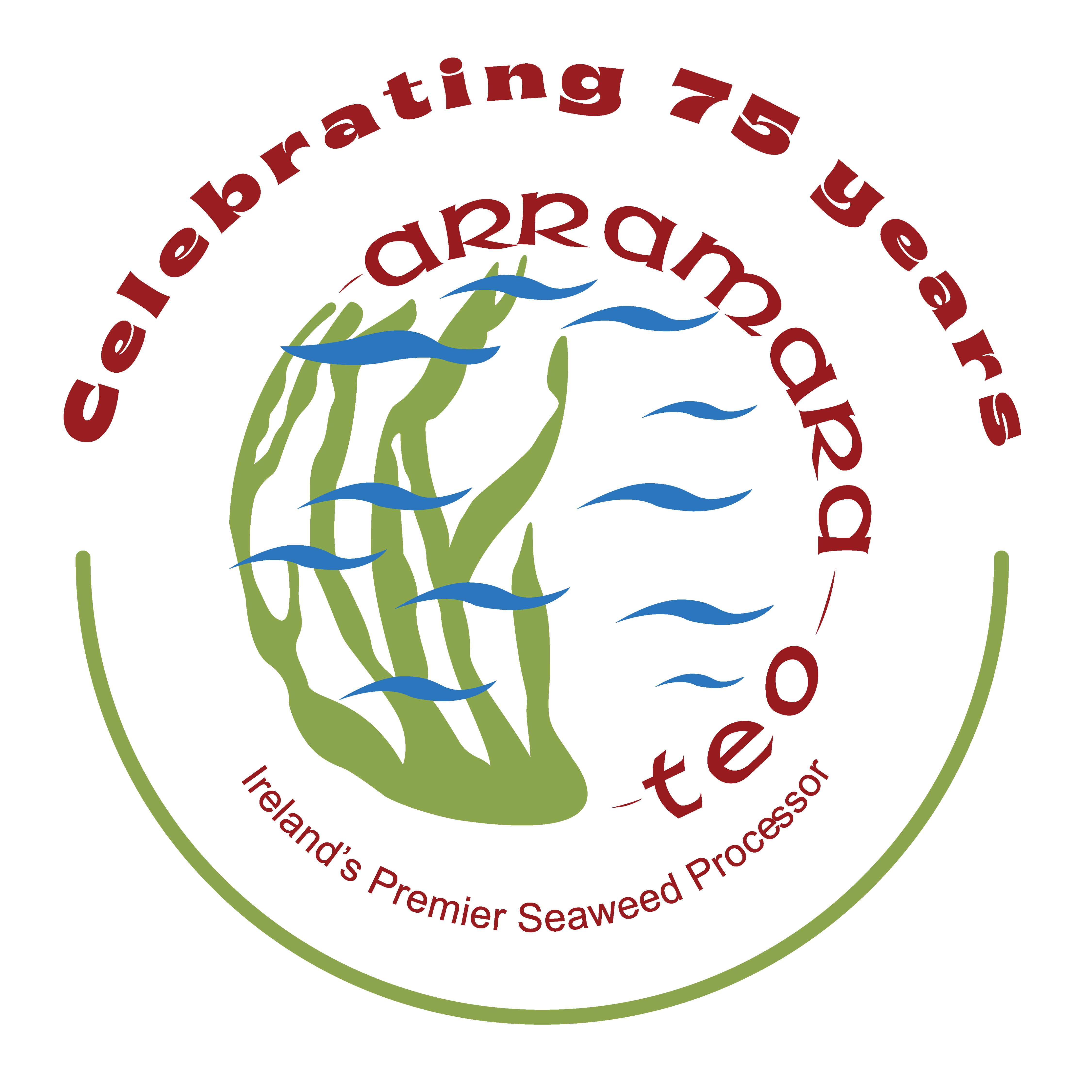With temperatures exceeding 40° C across the European Union, there is a serious threat not only to people but to livestock throughout the continent. We’re also seeing heatwaves hit close to home.
In July, Charlie McConalogue, the Minister for Agriculture, Food and the Marine, had clear advice for farmers across Ireland: take the extra steps needed to help livestock avoid serious health and welfare problems arising due to the heat. He advocated for supplying animals with plenty of drinking water, substantial amounts of shade, and minimized handling and transportation.
Beyond that, pork producers can make an impact on the wellbeing of their animals by deliberately including the right supplements in their pigs’ feed regimen. Here is the risk your domestic pigs will experience from heat stress without the proper preparation and how Ascophyllum nodosum seaweed can keep them protected.
The Dangers of Heat Stress in Pigs
Pigs are sensitive to changes in temperature. Adult swine thrive between 10° C and 21° C, and newly weaned piglets like 28° C to 29° C, but when the heat rises above their ideal range, pigs feel the strain. Even for short periods of time, their food intake drops and their breathing grows laboured.
That’s just the start. Heat-stressed pigs build less muscle mass, as the amino acids needed for gains get used up by insulin production, which spikes as elevated temperatures trigger pig immune responses. Since pigs eat less feed when they’re hot, they’re not replenishing lost proteins (or other essential nutrients) as quickly.
Sows that farrow on hot days typically have smaller litters which are sluggish to grow compared to those farrowing during colder weather. Even their offspring are altered. Piglets born during high heat are shown to have lower-quality eggs and sperm than those born during cooler months, which can follow pigs down the genetic line. Any action producers take to prevent these risks to their pigs’ welfare from happening can save money and boost productivity in the long run.
Overcoming Heat Stress with Seaweed
So, how do dietary choices influence the heat resilience of pigs? What you feed pigs can directly impact the amount of body heat they produce as well as their gut and immune health.
For starters, pigs that receive a healthy dose of dietary fiber are better able to digest their feed. This is because the beneficial microbes in their GI tract thrive when they receive prebiotic-rich fiber, contributing to speedier and more thorough nutrient absorption. Additionally, pigs that receive ample amounts of antioxidants are better prepared to mitigate the impact of free radicals, which can spike during heat stress and damage tissue.
Ascophyllum nodosum, like that found in Irish coastal waters, can provide dietary fiber as well as antioxidant-rich polyphenols to pigs. On paper, all-natural supplements containing this brown seaweed are an excellent way to support swine from the inside out through hot weather. Yet what are the results in the real world?
In a study of 17 Landrace and Large White sows during a 60-day trial, producers fed their pigs a seaweed dietary supplement in the hopes of helping them overcome heat stress. Here are the results of the experiment:
- When researchers took the rectal and skin temperatures of sows fed seaweed, they found the test group of swine had lower temperatures than the control group.
- When measuring piglets from sows fed seaweed, researchers noticed they were larger than the control group.
With global temperatures rising, pork producers need to find as many ways as possible to keep their livestock cool, no matter the ambient temperature. By using Titan® for Animals as a seaweed supplement, they can improve the welfare of more of their animals while keeping them productive, day-in and day-out.
Are you looking to learn more about how we can help you overcome heat stress in pigs? Learn about what sets our Titan® for Animals products apart from other feed supplements.
Learn about Titan® for Animals
Related Articles
How You Can Raise Healthier, More Resilient Pigs with Seaweed Supplements
How Do You Improve the Quality of Pork Meat in a Tough Market? Feed Your Piglets Seaweed!
Can Sheep Eat Seaweed? Here’s How It Improves Their Health and Wool Production
